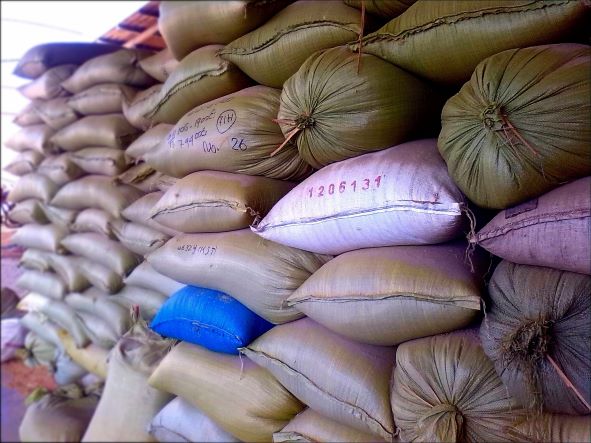Pending legislation, which will guarantee access by the poor to a specified quantity of food grains, the National Food Security Bill stands to have a major impact on the food grain stocking policy in India. The Bill mentions cash transfers and issuing food coupons to eligible families. However, no concrete steps have been spelled out on this front. It is therefore supposed that the present system of procurement and storage of food grains by the Central and State government agencies shall continue. The successful implementation of the Act will clearly require that much larger stocks be held. Whether these stocks are held by the government or the private sector depends on new instruments being created, e.g., negotiable warehouse receipts-, on new institutions such as public-private partnerships in warehousing and on changes to the legal structure, especially the Essential Commodities Act and the Agricultural Produce Marketing (Regulation) Act


